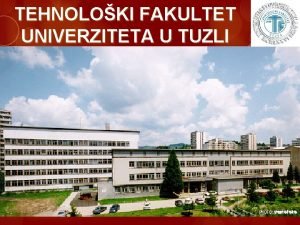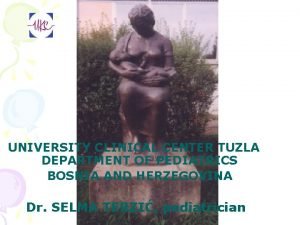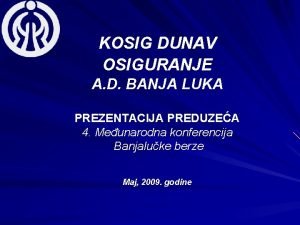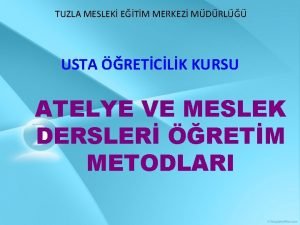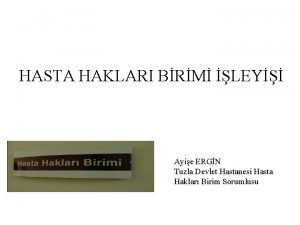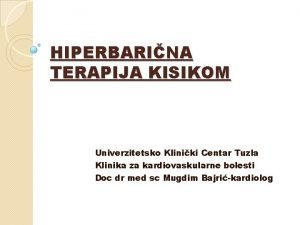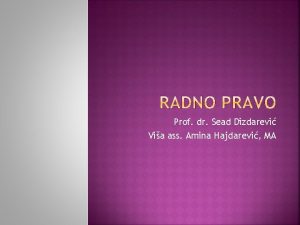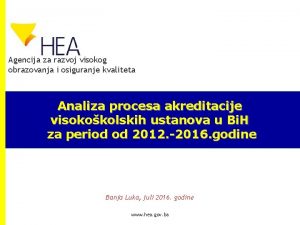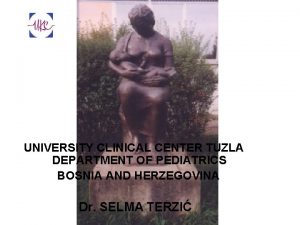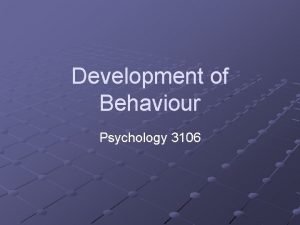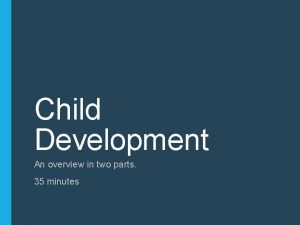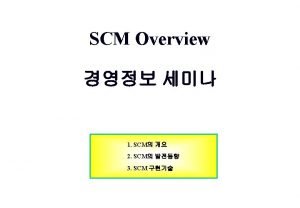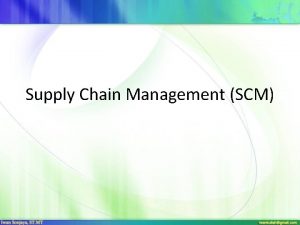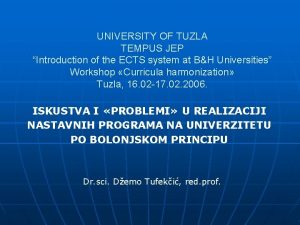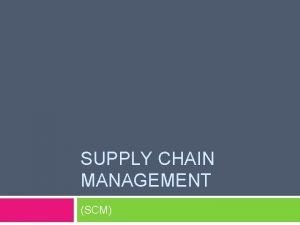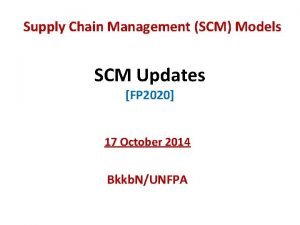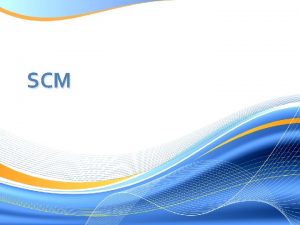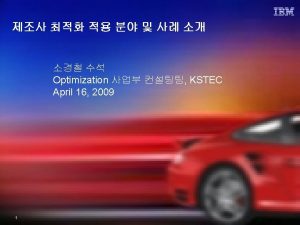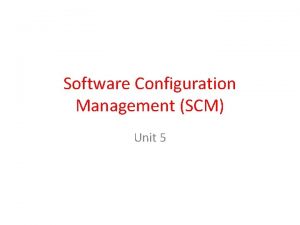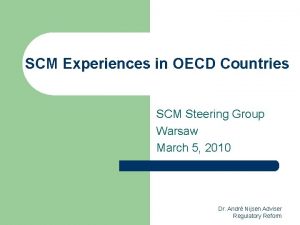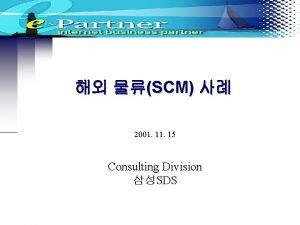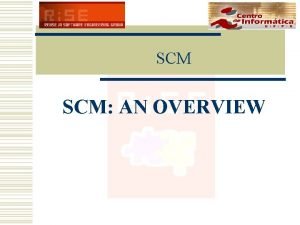TEMPUS SCM Meeting Tuzla Experience of the Faculty













- Slides: 13

TEMPUS SCM Meeting Tuzla Experience of the Faculty of Arts Maribor regarding the introduction of modular studies Mladen Kraljić Maribor, 18 January 2006

Introduction I. Legal Regulations II. Application III. Proceedings IV. Experience at UM V. Problems

Legal Regulations Acts (named by the Higher Education Council) • Act on Higher Education • Act on Professional and Scientific Titles • Act on the Recognition and Evaluation of Education • Act on the Ratification of the Convention on Recognition of Higher Educational Qualifications in the European Area

Legal Regulations Executive Acts (named by the Higher Education Council) • Criteria on Accreditation of HEI and Study Programmes • Criteria on the Evaluation of ECTS • Criteria on the Evaluation of pedagogical study programmes, their range and structure • Criteria on Transfer between Study Programmes

What do executive acts say about modules? Nothing! There is no expressive word on modules, just the possibility of mandatory and optional subjects, accumulation of credits, taking credits from one faculty to the other, interdisciplinary programmes, etc. UM speaks about mandatory and optional subjects, at FA UM we speak about non-pedagogical subjects and the pedagogical module

Application Chapters/Contents: 1. Data on Applicant (basic data, short argumentation for the application 2. Legal base (conclusion by the body of the University) 3. Independent Evaluation by Experts (at least 2, better international)

4. Description in accordance with art. 7 Criteria on Accreditation (general data, basic goals, competences, international comparativeness, data on international relations of university, subjects with ECTS, conditions for inscription, provisions on recognition of skills and knowledge before inscription, way of grading, conditions for advancement in the programme, transfer between programmes, data on ways and forms of teaching, conditions for finishing the programme, conditions for finishing parts of the programme, nomination of title to be reached)

5. Data on conditions for performance of programme (staff, material conditions) 6. Proof of conditions for practical training 7. Employability of graduates (data on possibilities for graduates, opinion of chamber of commerce or craft, competent ministry, other relevant employers) 8. Data on allowed weekly educational workload 9. Assessment of financial means and planned financing 10. Evaluation procedures Each department has additional concrete instructions to fill out the application

Proceedings 1. Move for a new study programme on department level (faculty commission, faculty senate) 2. Evaluation by Office for Academic Affairs at university 3. Corrections according to instructions by office (recommended three readings) 4. Application forward to University Commission of Academic Affairs 5. Application to university senate – approval 6. Higher Education Council (assessment, evaluation, a little politics, comments leading to eventual corrections, etc. ) 7. Opinion by Higher Education Council (binding), back to senate for final approval

Experience at UM 1. Division between mandatory and optional subjects (at least 10%). 2. Insecurity on range of module, therefore mainly semester subjects considered as modules 3. Pedagogical programmes have so-called pedagogical module (minimum 60 ECTS!) 4. FA UM goes 3 + 2, but risk for pedagogical programmes, if Higher Education Council approves teacher title with 240 ECTS, already. 5. Higher market orientation when introducing new modules, or based on order by ministry or local community

Problems • UM is a young university and has not enough high qualified staff to offer many modules according to Criteria • UM has spatial problems, since modular studies demand for smaller groups and more individual work with students, as well as a wider range of subjects with higher specialisation • New ways of teaching bring along higher costs for equipment, external staff/contract staff • Modular system demands for higher coordination of hours of teaching, spatial planning and brings risk of competition for the best teaching hours per day or week (disliked late hours or Friday or Saturday teaching) • Module of Didactics at international study programmes is intangible due to strict national legislations (experience from SLang Master)

And more Problems • Problem of amount of ECTS for academic (theoretical) and vocational (practical) oriented study subjects • Problems with habilitation of teachers for new modules (teachers not habilitated for the new fields) • Decentralised management causes irrationality in use of means (loss of money, necessity of buying double equipment) • Teachers at four or five or even more courses at different departments, while others do not find employment • Huge burden for teachers with individual contact hours at FA UM, since there are more than 100 active students per subject in some cases, for 50 contact hours, as the normative parts of the study programmes have not changed (provided hours for field work, practical work etc. remain)

Thank you!
 Uwb group tuzla
Uwb group tuzla Tehnološki fakultet tuzla
Tehnološki fakultet tuzla University clinical center tuzla
University clinical center tuzla Kosig dunav osiguranje banja luka
Kosig dunav osiguranje banja luka Tuzla mesleki eğitim merkezi
Tuzla mesleki eğitim merkezi Hbbs kullanım kılavuzu
Hbbs kullanım kılavuzu Ginekolog maribor
Ginekolog maribor Sead dizdarevic profesor
Sead dizdarevic profesor Akreditacija evropskog univerziteta brčko
Akreditacija evropskog univerziteta brčko University clinical center tuzla
University clinical center tuzla Imprinting psychology
Imprinting psychology Early experience vs. later experience
Early experience vs. later experience Direct experience and indirect experience
Direct experience and indirect experience Mottetto
Mottetto

